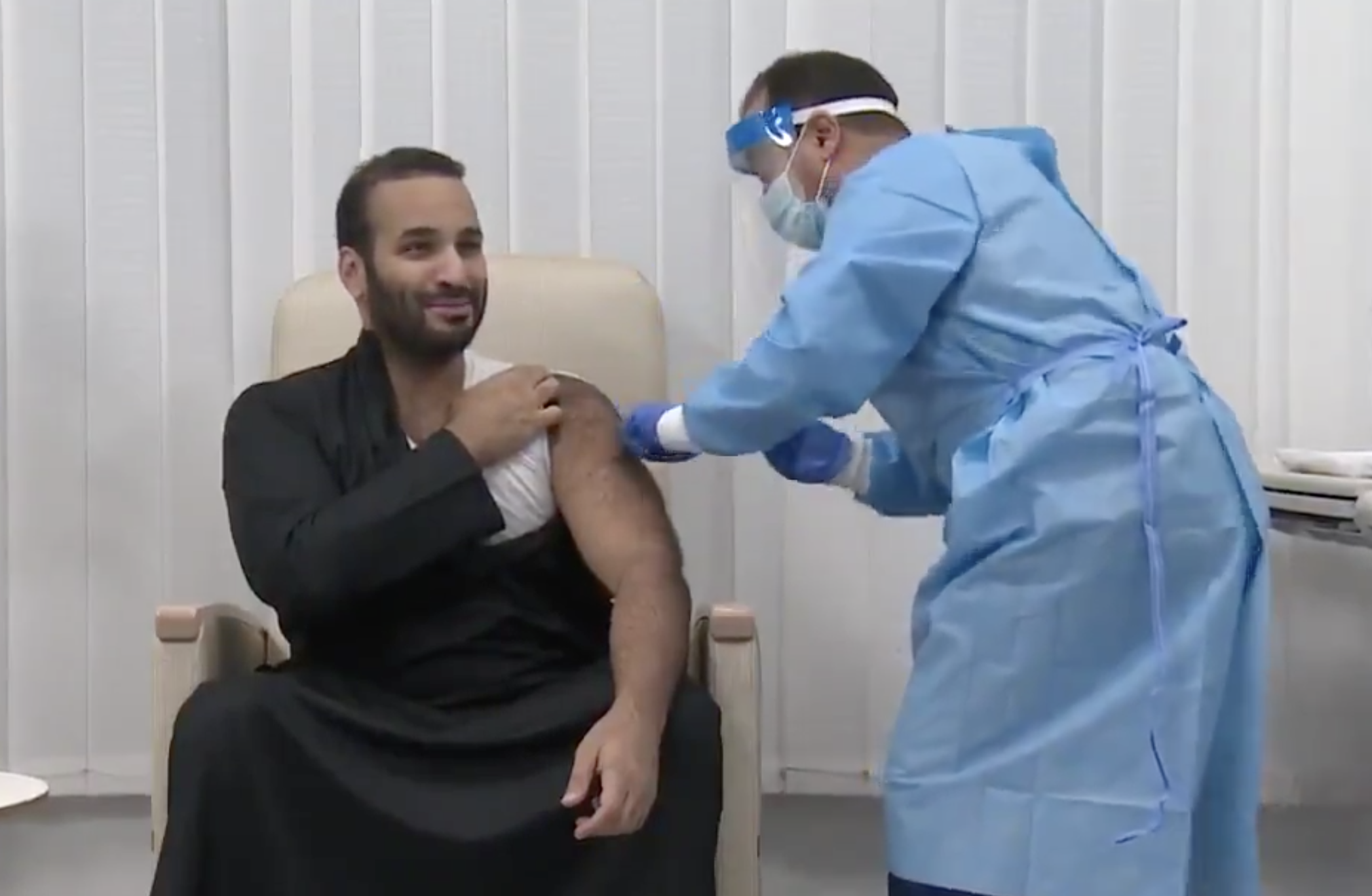The Observer Research Foundation, a leading think tank based in India, examined Saudi Arabia’s spending and strategy with regard to improving health care for its citizens.
According to an Observer Research Foundation (ORF) report authored by Ahmed Fawaz Lathif and Kabir Taneja, “Saudi Arabia is using multiple approaches to achieve its ambitious aims, such as public-private partnerships (PPPs), infrastructure development for medical tourism, and measures to improve digital health. These efforts attempt to maximise the healthcare sector’s economic potential while also improving public health.”
They conclude that:
“Saudi Arabia’s enormous expenditures in healthcare as part of its Vision 2030 have dramatically impacted its economy. There has been an increasing trend in the Annual Expenditure for Health and Social Development in the past few years. The spending increased from US$ 46.6 billion in 2018 to US$ 68.2 billion in 2023, demonstrating a continuing commitment to improving social welfare and healthcare services. These expenditures in healthcare services and infrastructure have enhanced public health outcomes meanwhile, enabling the Kingdom to become a regional healthcare powerhouse.”
The authors identify three areas that have been of particular focus in Saudi Arabia’s healthcare strategy.
Infrastructure and medical tourism –
A key component of Saudi Arabia’s healthcare strategy is the development of medical cities to establish itself as a leader in healthcare. These cutting-edge institutions, such as King Fahad Medical City in Riyadh and King Abdullah Medical City in Makkah, exemplify the Kingdom’s significant infrastructure investments and offer modern technology and extensive medical services.
The role of Public-Private Partnerships (PPP) –
The MOH intends to privatise 290 hospitals and 2,300 health institutions, boosting private sector participation from 40 percent to 65 percent. This initiative will also create the country’s first collaborative network to help hospital workers, thus improving treatment quality in rural locations.
Digital health transformation –
Telemedicine, smartphone apps, and remote sensors are all part of Saudi Arabia’s quickly growing digital health landscape. During the COVID-19 pandemic, the Ministry of Health (MOH) prioritised telehealth, supporting treatments through remote contact
The authors state that, “the commitment to healthcare reform has led to improved economic production, job creation, and a higher GDP contribution from the healthcare sector. The emphasis on prevention, human capital development, and the integration of Artificial Intelligence (AI) technologies demonstrates Saudi Arabia’s commitment to revolutionising the healthcare industry.”
To read more, click here.









